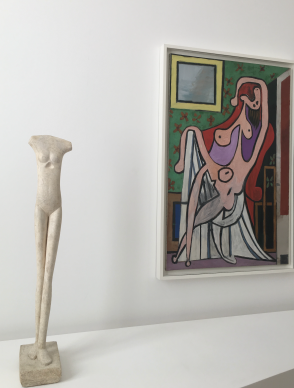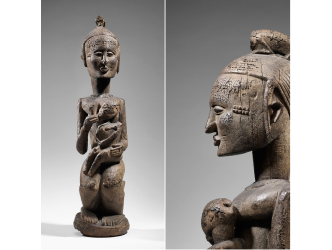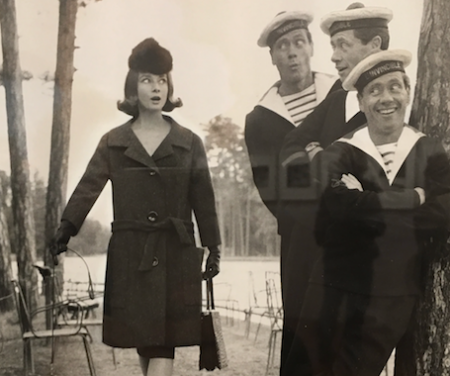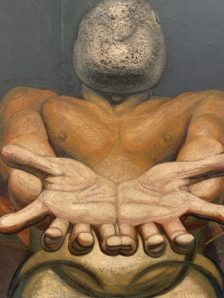
David Alfaro Siqueiros
American inferiority complex
For a long time the United States suffered from an inferiority complex with regards to its painting. This was because despite America’s status as an economic powerhouse, up until the Second World War it was Paris – the global epicentre of artistic creation – that attracted all the talent.
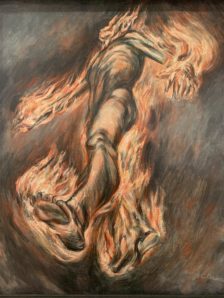
Jose Clemente Orozco
National art
That’s why a museum like the Whitney in New York was founded in 1931: to demonstrate the strength of American art.
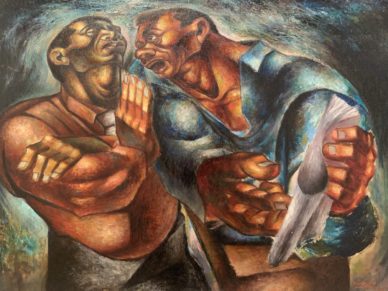
Charles White
Liberated discourse
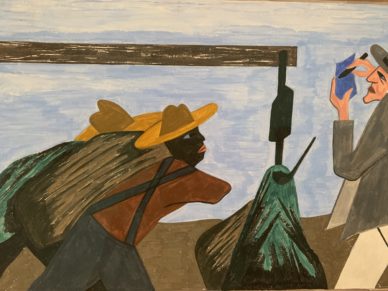
Jacob Lawrence
Since then, thankfully, the institution that remains dedicated to displaying local creation has shown itself capable of developing a particularly liberated discourse. The museum’s big exhibition right now, which has only been open for less than a month, “Vida Americana”, focuses on an area of art history with clear political overtones.
The Mexican mural artists
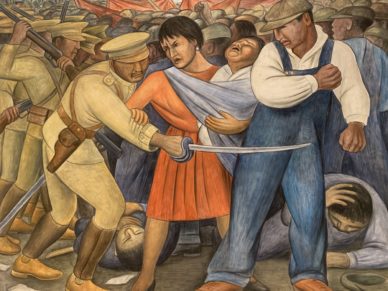
Diego Rivera
The innovative subject matter brilliantly demonstrates how American contemporary art has in fact been influenced by the modern art of Mexican mural artists.
Mexican immigration
In times when President Trump keeps talking about building a wall to protect the US from Mexican immigration, the notion that artistic genius exists on the other side of the border runs counter to ideas currently in circulation.
The exhibition is relayed in three videos on the institution’s website, compiled using footage from the sites of the various frescoes and archive images, which are very expressive and give rise to numerous discoveries.
The exhibition itself is a true demonstration of strength in 210 artworks. As the curator of the exhibition Barbara Haskell says: “we are rewriting art history with this exhibition”.
The big three
In Mexico the trio known as “the big three”, the famous Diego Rivera (1886-1957), José Clemente Orozco (1883-1949) who was fascinated by mechanization, received monumental commissions in the 1920s which were designed to speak to the people.
Their styles, which were each totally distinct, do however present some common features: large-scale formats inspired by the Renaissance to make an impact, simplified shapes and images composed in a cubist-like spirit, plus decorative effects supported by radical colour choices.
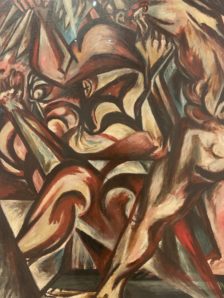
Jackson Pollock
Barbara Haskell explains why these artist chose such large-scale formats:
From the 1930s they exported their XXL prowess to the United States, for example when Jose Clemente Orozco painted a large-scale composition illustrating the myth of Prometheus for Pomona College in California in 1930. Jackson Pollock, the great pioneer of American abstraction, would describe this fresco as “the greatest painting done in modern times”.
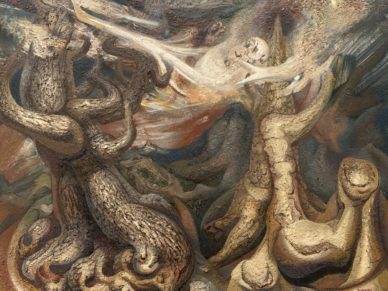
David Alfaro Siqueiros
Among the North American painters influenced by the Mexican muralists we also find, among others, Philip Guston (1913-1980) who switched between abstraction and figuration, and Jacob Lawrence (1917-2000), one of the prominent figures in the African-American movement.
Amnesia
There are numerous reasons for this art-history amnesia, as Barbara Haskell explains:
It would take over 70 years to re-establish the historical truth.
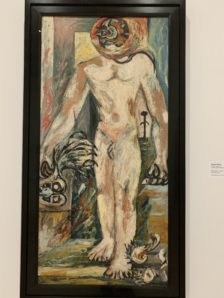
Jackson Pollock
https://whitney.org/exhibitions/vida-americana
Support independent news on art.
Your contribution : Make a monthly commitment to support JB Reports or a one off contribution as and when you feel like it. Choose the option that suits you best.
Need to cancel a recurring donation? Please go here.
The donation is considered to be a subscription for a fee set by the donor and for a duration also set by the donor.

